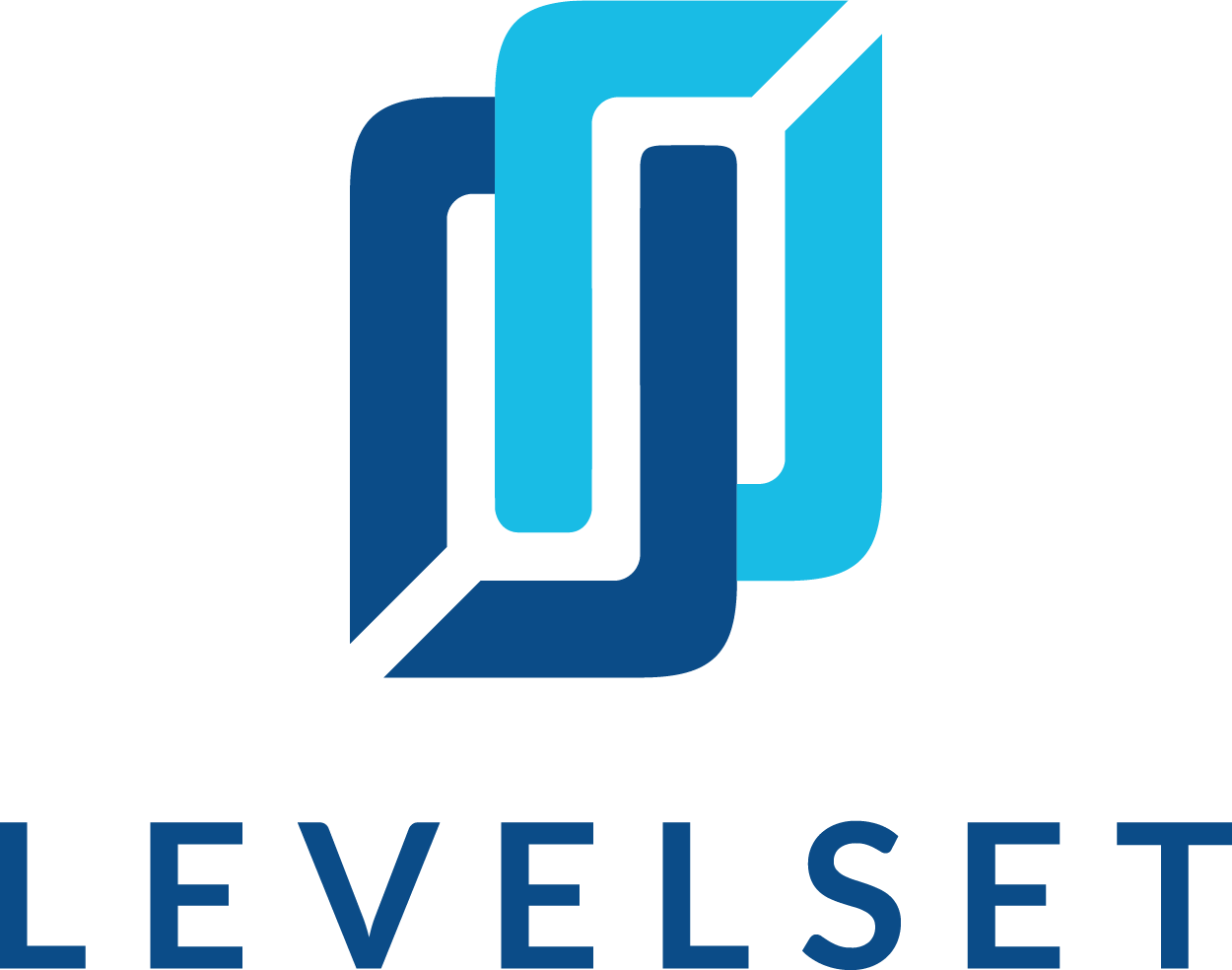
It’s time for you to send a preliminary notice, and you either turn to your trusted partner or you try to file the notice yourself. Very quickly you realize that you don’t have all the project information that’s required on my preliminary notice form! Now what?! Read on for a brief discussion on the importance of — and the challenge of collecting — essential project information. We’ll also include some tips and resources to make the job easier for you going forward.
Project Information: An Industry-Wide Challenge
First off, know that you’re not alone, as the issues when it comes to gathering essential job information that’s required on construction documents is an industry-wide challenge.
Second, your chances are that you’re pulling this information from a standard job information sheet that someone filled out when the business was booked, and that’s probably where the problem lies. You should be able to get all the information you will need at the start of the project; therefore, it makes the most sense to focus on that handoff. We’ll get back to this point a little later in the article.

Trying to find job information?
Learn more about job research at Levelset. We track down the property owner, GC, legal property description, and other hard-to-find information you need to file a lien or other documents.

What’s a Job Information Sheet?
Depending on the company and what type(s) of materials or labor you furnish, your sheets may contain different yet crucial information for your business such as costs, booking dates, your customer’s information, the job name, maybe even the construction lender, and more.
For preliminary notice purposes, this goes beyond just a cost sheet or invoice, and it may be referred to as a Project Information Sheet. That title alone signifies that there is more to this document than just your basic booking details. Rather, this information is really the gateway to your project’s completion and payment success.
Download a job information sheet template
Who Should Fill It Out?
The person or department filling out a job sheet will likely depend on the company, but in most instances, it’s filled out by the sales representative who closed the sale or a company administrator in charge of updating new bookings. Find out who at your company is in charge of this – and if it’s you, then follow these steps to make sure you have everything you will need!
What Does an Ideal Job Info Sheet Contain?
There isn’t really a gold standard for project information sheets, but coming from preliminary notice and lien experts at Levelset, we’ve seen too many companies running into a brick wall when trying to secure their project payments because of the challenge of collecting required project information. Every ERP system will give you different options and customizations on how you can view and access your data, but the key to success is improving the data collection from the start.
In the sample job sheet above, that is for the best-case scenario, and you may not be able to get your hands on all of those details. Don’t feel deterred from adopting this process if you cannot collect every piece of information.
Table: The information you should collect at the start of every project
Item: | Can Include: | Watch Out For: |
| Project Name and Address | Job Name Job Address | Some states require a Full Legal Property Description. Other states have different requirements. This can be deceptively difficult! |
| Your Role on the Project | Are you the Subcontractor or a Sub-sub? Are you an equipment rental co. or material supplier? | Project role is usually determined by whomever hired you. But not every role has lien rights on every project! |
| Project Type | Is it private, public, or federal? Commercial or residential? | Project type is very important and partly determines not only what the requirements are, but even the very tools that are available! |
| People/Parties on the Project | You’ll need to know who hired you, the GC, the project or property owner, and potentially other project participants. | The parties you’re required to know will vary from state-to-state and from project-to-project. There is no universal requirement here, so be careful! |
| Project Dates | Could include:
| This is yet another category of project information where there is no universal requirement. The required dates you will need to secure your project payments will depend on the lien laws of the state where your project is located. Sometimes these dates can be very hard to determine, so be careful! |
How Do I Go About Collecting All of This Information?
Perhaps the data part was never the issue and it’s more a struggle to convince the folks who are filling out the job sheets to fill them out entirely and correctly. That’s a horse of a different color and a struggle that many companies – not just construction – can empathize with you.
Earlier, I referenced that you should find out who in your organization is responsible for filling out your job sheets. Once you’ve done that, you now need to show them why it’s so important. You may need to enlist the help of someone with authority at the company to help you enforce this process. There are a few different ways to enforce the data collection process from the start, and here are some of the best practices from current Levelset customers:
- If it’s up to the sales rep to fill out the project information sheet completely and correctly, send the job and customer back to the sales rep to correct the information if it’s not done right. Consider implementing a tough (but fair!) policy of clawing back sales commissions if essential project information isn’t fully collected.
- Conduct ongoing seminars or classes to explain the importance of notice and lien rights to your entire company and how they can contribute with their role – which may be filling out job sheets.
- Show real-life examples when your company was unable to collect on a project or got burned by filing a document incorrectly due to bad or incomplete data.
- Fill out a sample sheet to reference as a best practice.
- Consider having your customer fill out a portion of the job sheet at booking since they may have more details such as the general contractor and bonding information.
Talk to Us
Have you been stiffed on a project in the past? Are you worried about receiving payments on a project you’re on right now? As you can probably tell by reading this, we feel pretty strongly about the effectiveness of sending preliminary notices.
If you’d like to find out more, please give us a shout. Request a call with a payment expert here.
